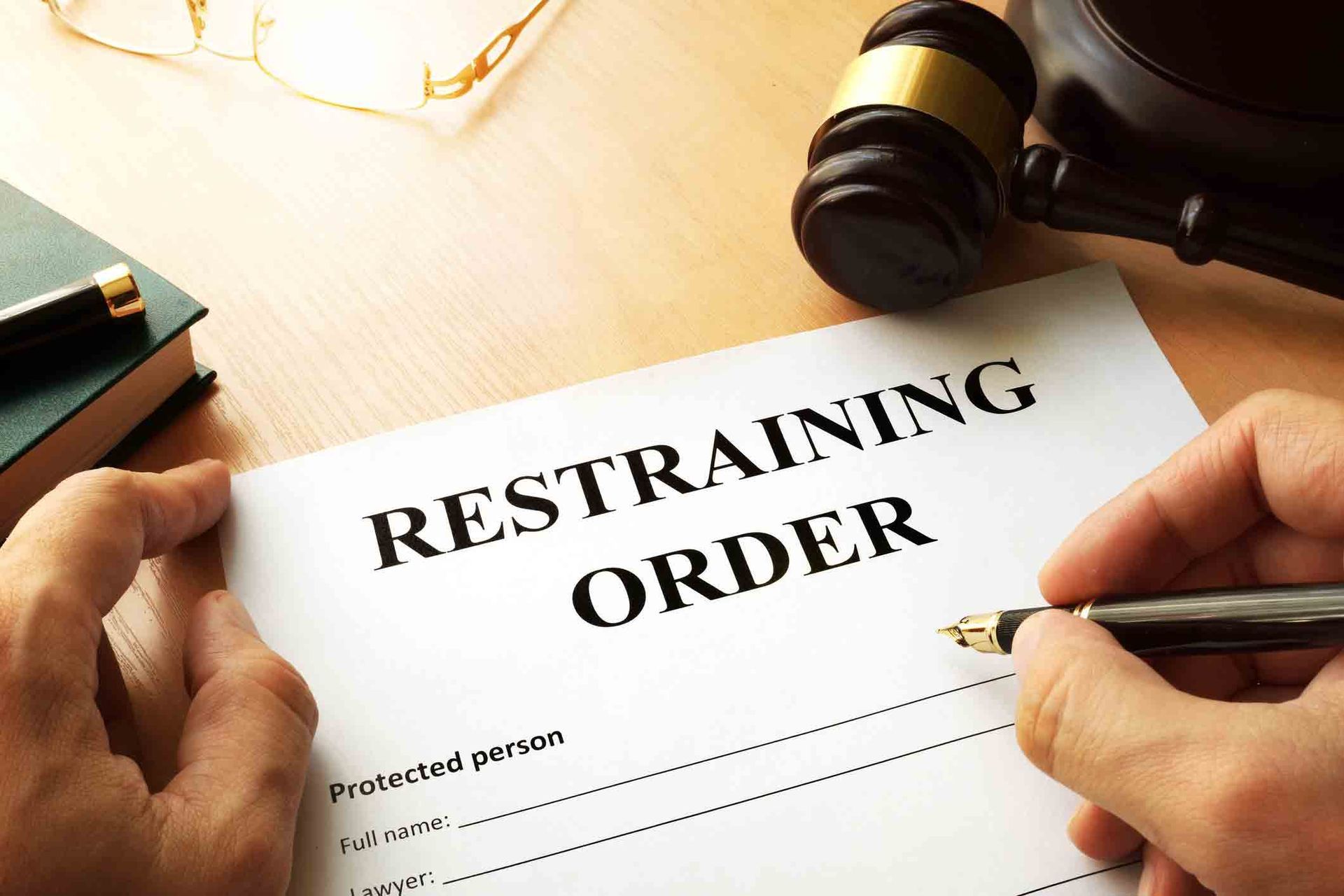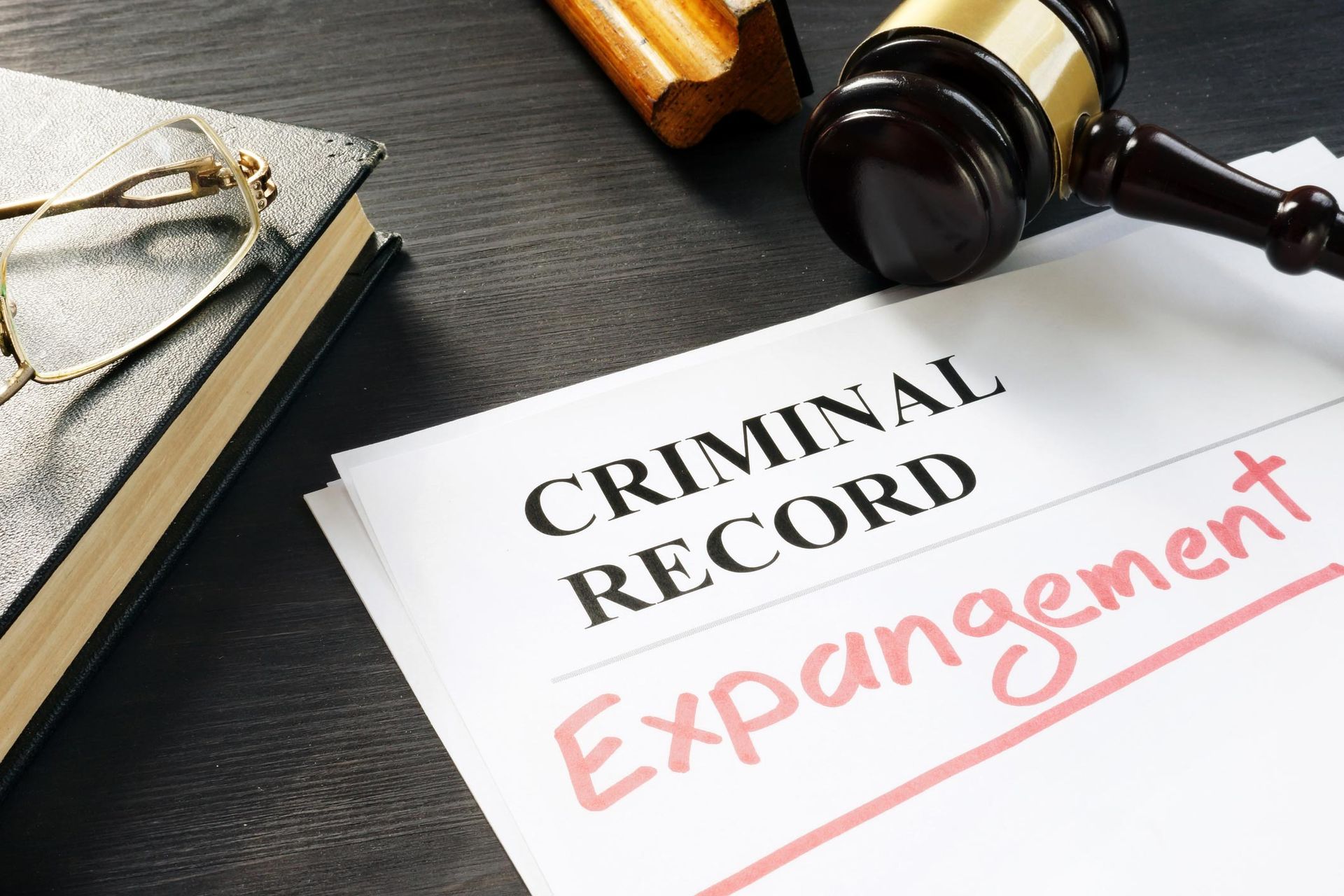March 28, 2025
Although cases of sexual assault usually involve adult perpetrators, juveniles can also commit conduct that would constitute sexual assault under Wisconsin criminal law. In certain cases, this may lead to criminal charges of sexual assault. Wisconsin’s Sexual Assault Laws Wisconsin’s sexual assault statute makes it illegal to have sexual contact or intercourse with another person without their consent, including through the use or threat of use of a dangerous weapon or an act of violence, with a person temporarily or permanently incapable of giving consent when the perpetrator knows about the person’s incapacity, with a person under the influence of drugs or alcohol to the degree they cannot give consent, or with an unconscious person. A person also commits sexual assault if they engage in sexual contact or intercourse with a patient, inmate, parolee, probationer, or detainee under the person’s supervision. The law defines “consent” as words or overt actions by a person competent to give informed consent that indicate a freely given agreement to participate in sexual contact or intercourse. Can Prosecutors Charge Juveniles as Adults? All 17-year-olds are automatically charged in adult criminal court. A juvenile, someone under the age of 17, can engage in conduct that, if committed by an adult, would constitute sexual assault under Wisconsin law. By default, a juvenile who commits sexual assault will face prosecution in Wisconsin’s juvenile justice system. However, prosecutors can charge juveniles as adults and try them in criminal court under certain circumstances. Prosecutors can seek a waiver of jurisdiction – which transfers a case from juvenile court to adult criminal court – for any 15 or 16-year-old or for 14-year-olds charged with conduct that, if committed by an adult, would constitute first- or second-degree sexual assault. A court can grant a waiver if it finds that a case has prosecutive merit and clear and convincing evidence demonstrates that keeping jurisdiction in juvenile court would not serve the juvenile’s or the public’s best interests. Once waived to adult criminal court, juveniles charged with sexual assault will face the same potential criminal penalties as adults charged with sexual assault. Penalties for Juveniles Convicted of Sexual Assault A minor adjudicated of having committed sexual assault in juvenile court may face various dispositions focused on rehabilitating rather than punishing the juvenile. Potential consequences of a juvenile adjudication include: Juvenile detention Probation Counseling Fines Restitution Community service In adult criminal court, penalties for a sexual assault conviction vary depending on the grading of the offense. For example, first-degree sexual assault carries a penalty of up to 60 years in prison, while second-degree sexual assault carries a penalty of up to 40 years in prison. In both juvenile and adult criminal court, juveniles convicted of sexual assault may also face sex offender registration requirements, which include the obligation to report to law enforcement regularly. Contact a Sex Crimes Attorney Today If your child has been charged with sexual assault, a sex crimes defense attorney can help you protect their rights, reputation, and future. Contact Cohen Law Offices, LLC, today at (715) 514-5051 for a confidential consultation to discuss your family’s legal options with a knowledgeable Wisconsin criminal defense lawyer .












